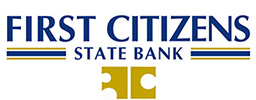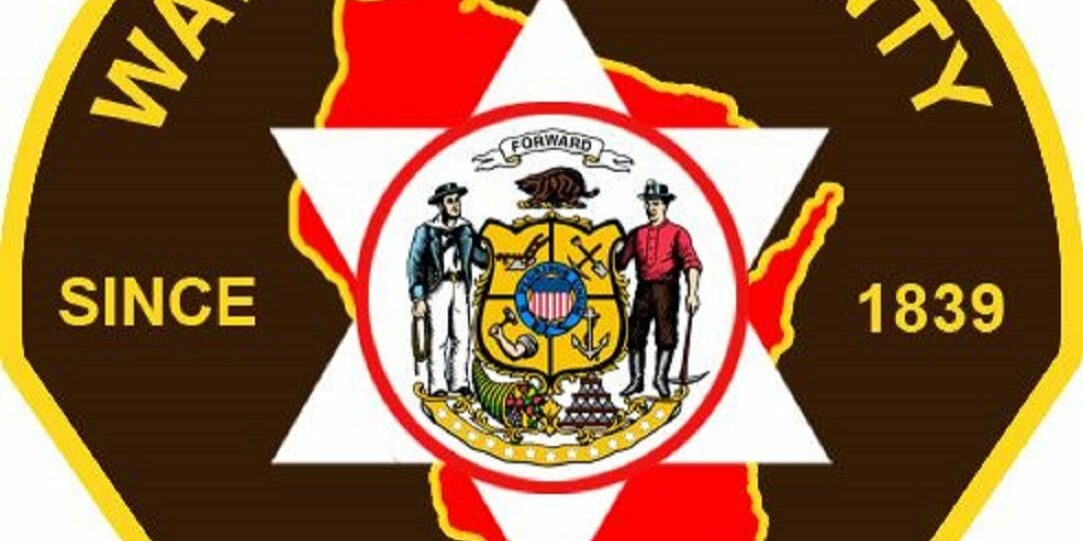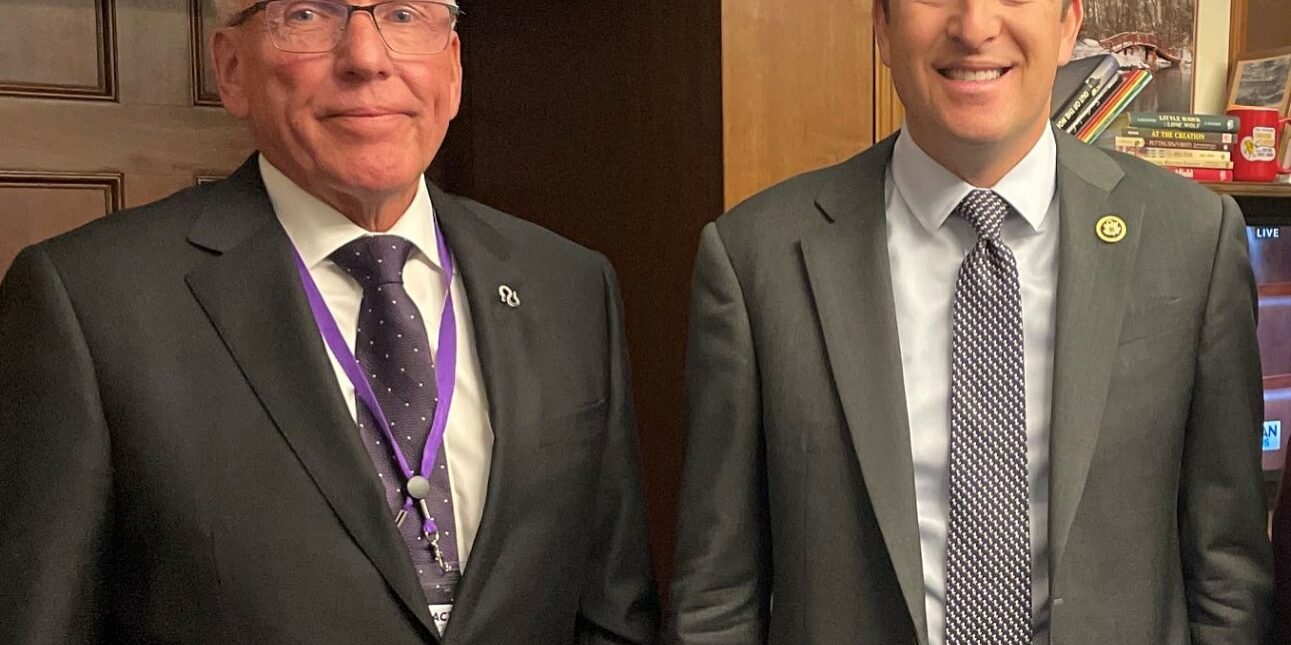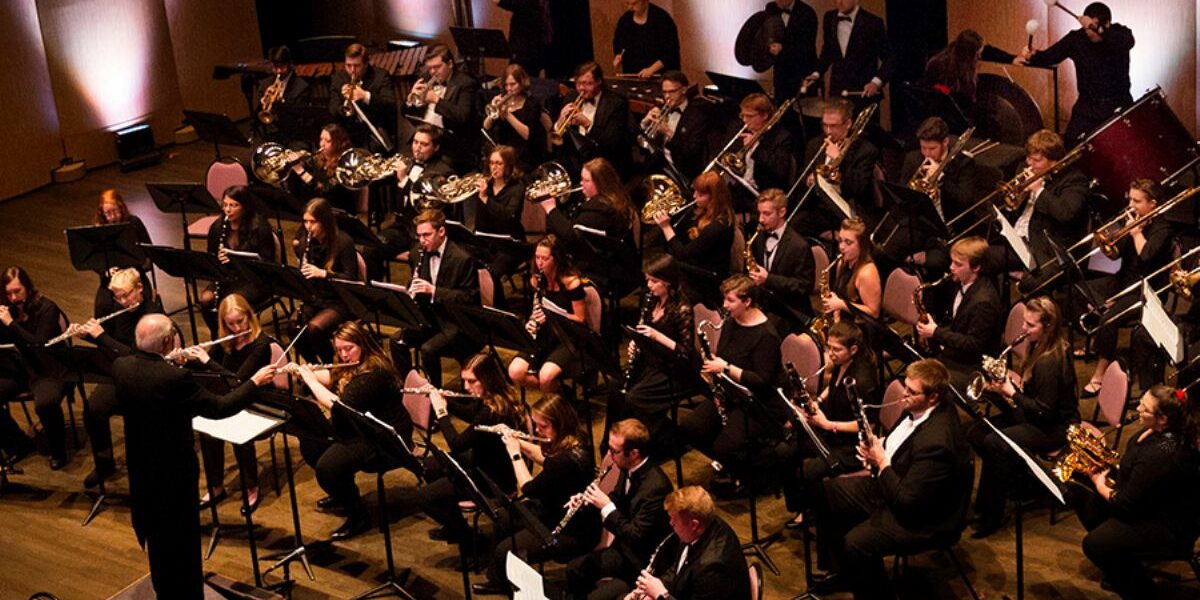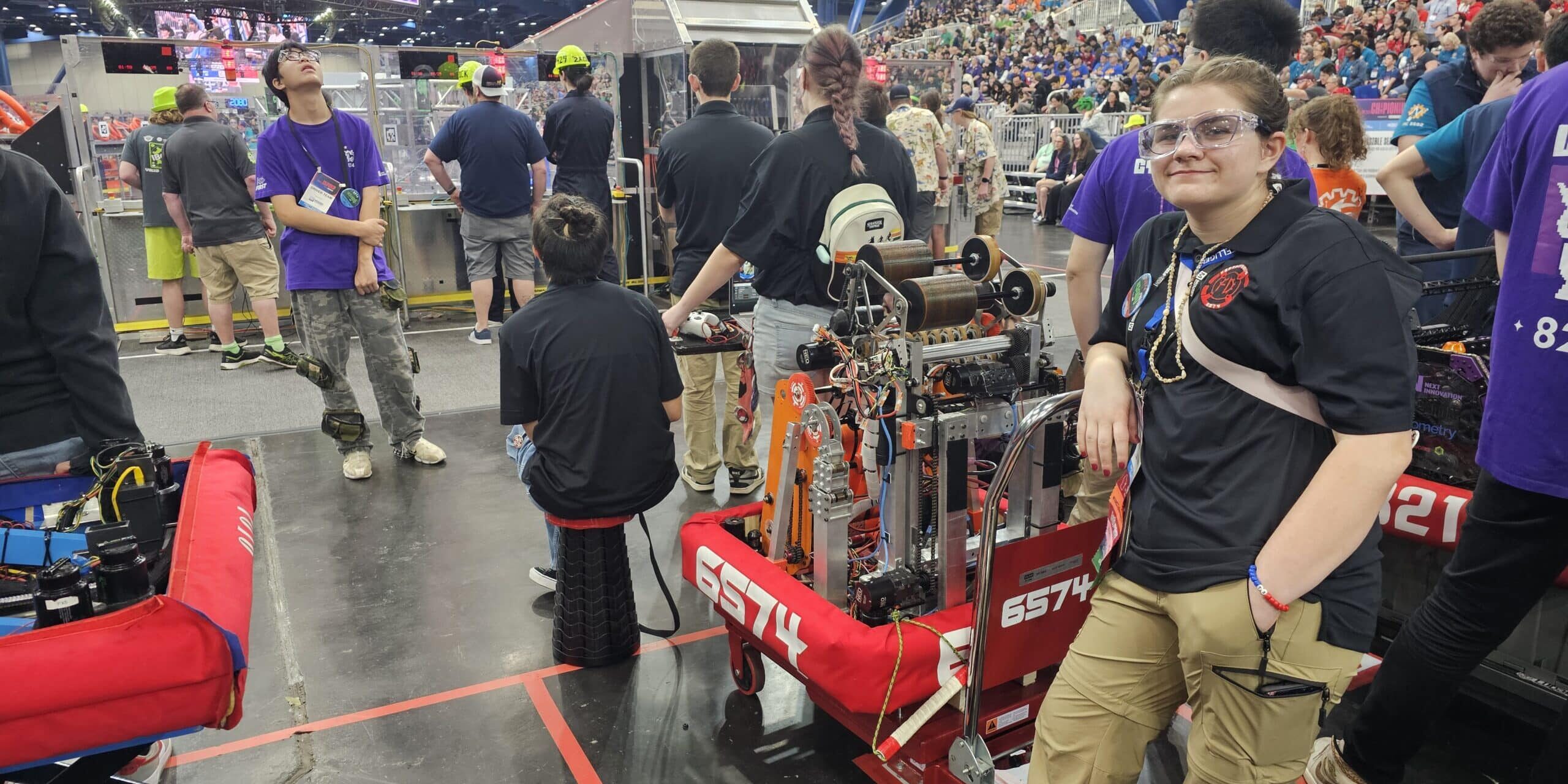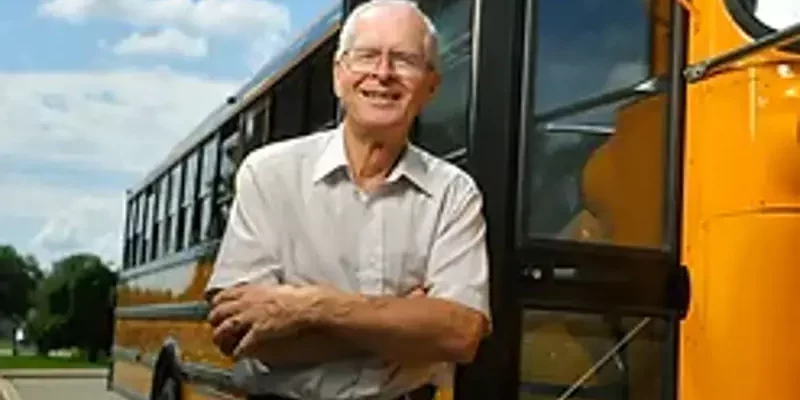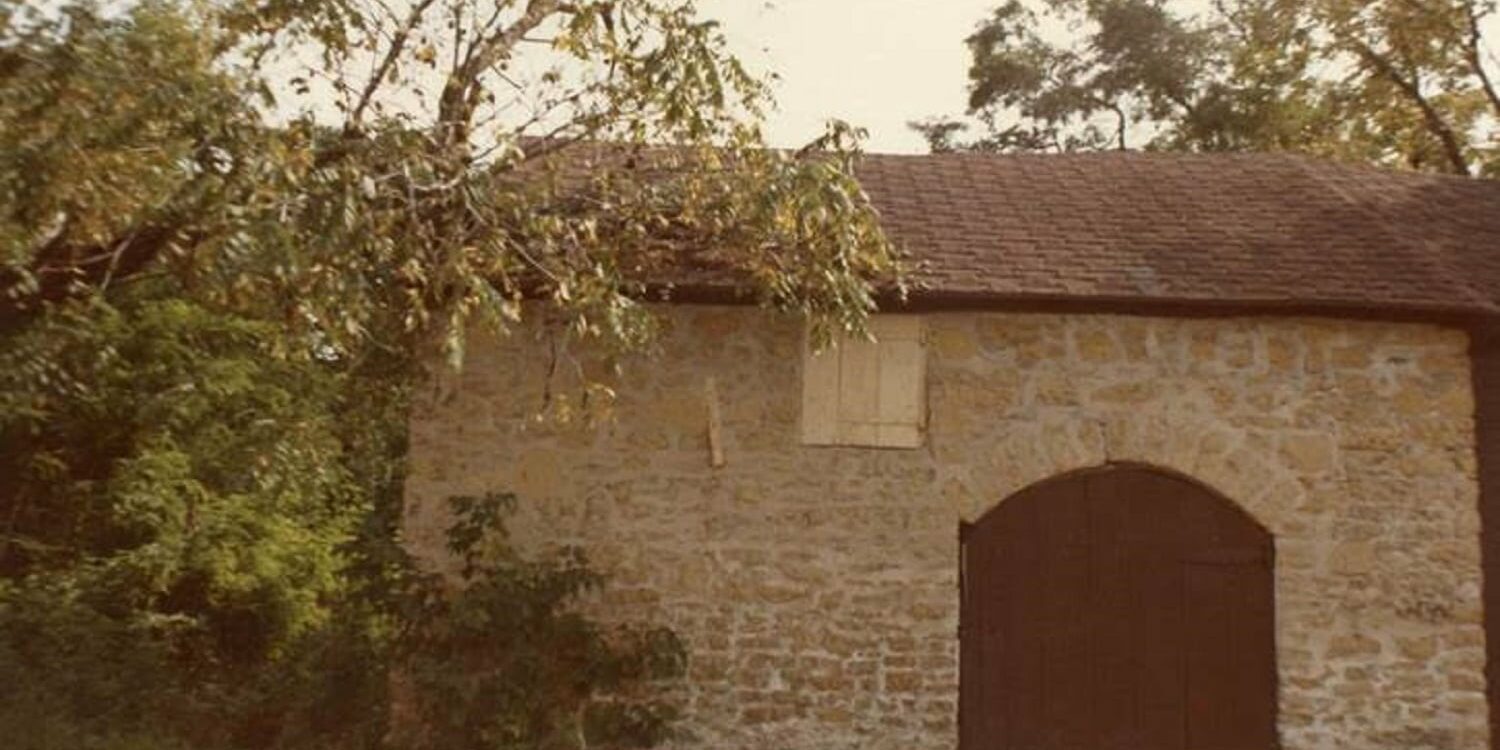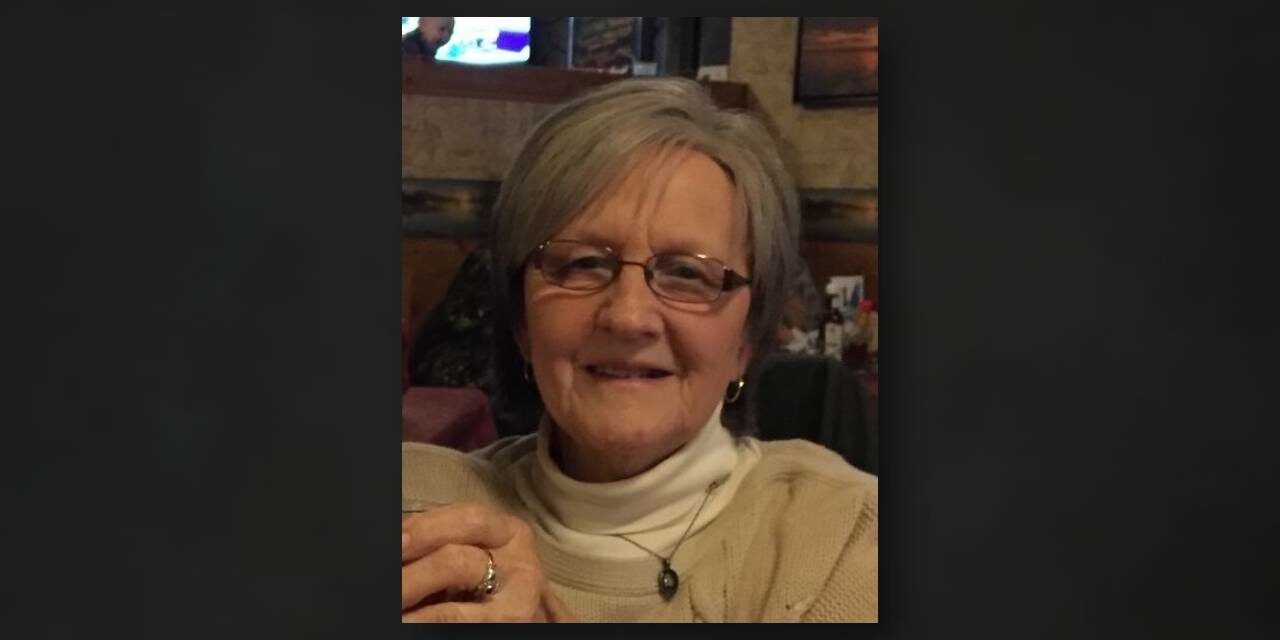By Al Stanek
Whitewater Banner volunteer staff
whitewaterbanner@gmail.com
The majority of Whitewater’s primarily volunteer fire department voted to issue a letter of intent to integrate both Fire and Emergency Medical Services (EMS) as City of Whitewater functions at a public meeting held Thursday, January 6.
The initiative would require a Memorandum of Understanding (MOU) jointly agreed upon by both bodies and would likely increase the current annual Fire and EMS operating budget of roughly $1 million. Current funding sources include City of Whitewater contributions averaging nearly $250,000 a year, funding from contracts with surrounding townships and community fundraising activities.
The Whitewater area, like nearly every small Wisconsin community, is experiencing difficulties providing EMS and fire services as the number of volunteers and trained medical technicians is decreasing while the number of EMS calls is rising in light of an aging population and a worldwide pandemic. The independent local fire department reports 300 to 400 fire calls and over 1500 rescue calls per year. Whitewater has had a volunteer fire department since 1871.
The Whitewater Fire Department Incorporated (WFD, Inc.) provides fire and EMS services to the City of Whitewater as well as the Jefferson County Townships of Koshkonong and Cold Spring, the Walworth County Township of Richmond and the Rock County Townships of Lima Center and Johnstown. It was announced at Thursday’s meeting that Johnstown has indicated their intent to contract with the City of Janesville in the future.
A recently released statewide study titled ‘IN NEED OF RESUSCITATION’ concludes that “Wisconsin’s fire and EMS agencies face looming challenges. The ability of communities to provide an appropriate level of fire and emergency services is in jeopardy and may soon necessitate an emergency response of its own.”
The multiyear study was conducted by the independent Wisconsin Policy Forum (WPF). It indicates that over 92% of state fire departments are volunteer or “mostly volunteer” operations.
WFD Inc. currently provides EMS services with a combination of well trained volunteer Emergency Medical Technicians (EMTs) and part-time on-premise EMTs. They are currently advertising to fill several paid “on premise” EMT positions whose wage rate will increase to $22 per hour from the previous $18 per hour rate. Lower rates for volunteers were also increased at Thursday’s meeting. “We are in a very competitive field,” said EMS Assistant Fire Chief Ashley Vickers.
Current on premise EMTs, who work primarily weekdays and supplement paid on-call EMTs, average between 24 and 36 hours per week according to the fire department’s recruitment materials. WFD, Inc. has also offered training and UW tuition scholarships to UW-Whitewater students willing to sign up for a minimum 12 hour per week commitment.
The WI Policy Forum (WPF) study, however, references a state EMS Association report that “even with higher rates of pay staffing shortages are a problem at most departments.” The study points out that Wisconsin local governments’ reliance on “Shared Revenue” compounds the problem. The State of Wisconsin shares portions of various state revenue sources with local governments and those portions have been “lagging,” according to the WPF report while the percentage of municipal and town government spending devoted to Fire/Ambulance is starting to trend down. State imposed limits on local property taxes penalize communities for increasing spending beyond a fixed percent over the previous year.
The WPF report points out that long-term solutions that could ultimately result in changes to service areas will require careful planning that “could take years to effectuate.” “In the shorter term,” the report concludes that “….greater financial assistance from the state or adjustments to financial constraints on local governments could be helpful.”
City and WFD, Inc. leaders have been conducting closed session negotiations for months. The next step in the process will be a Whitewater Common Council discussion of the issue likely to take place at the January 18th council meeting.




